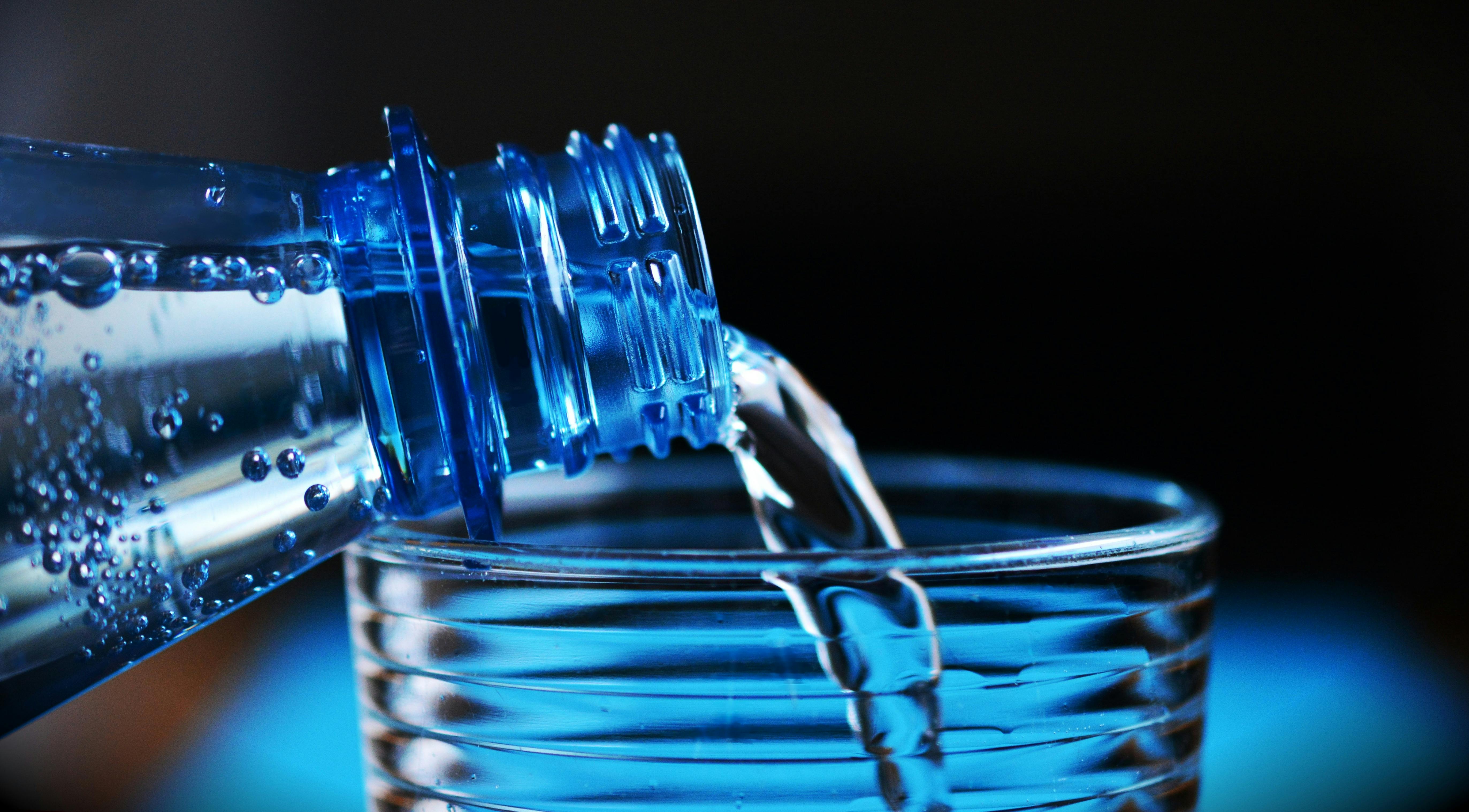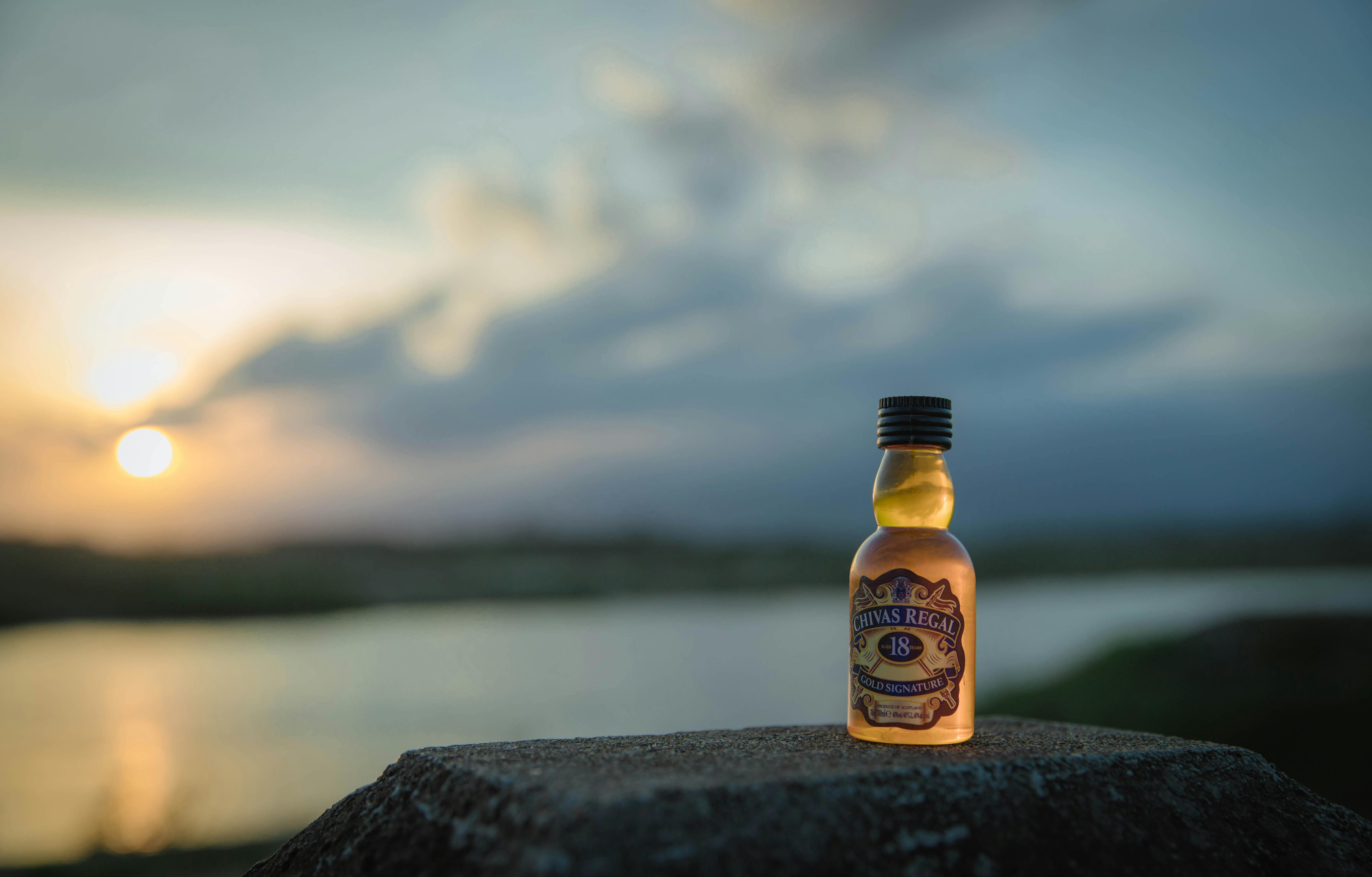With an increase in awareness of the importance of healthy drinking water, more and more people are turning to bottled distilled water as a safe and convenient alternative to tap water. Distilled water is made through a process of boiling and condensation, which removes impurities, minerals, and any possible contaminants that may be present in the original source. It is believed that drinking distilled water can provide numerous health benefits, such as increased hydration and improved digestion. While many believe that bottled distilled water is safe to drink, there are still some potential risks involved with its consumption. In this article, we will discuss whether or not bottled distilled water is indeed safe to drink.Bottled distilled water is water that has been purified through the process of distillation. During this process, the water is boiled and then cooled so that any impurities or minerals that may have been present are left behind. The result is pure, clean-tasting water that has no taste or odor. Bottled distilled water is often preferred for use in medical treatments, food preparation, steam irons, and even automotive batteries.
How Is Bottled Distilled Water Produced?
Distilled water is a type of purified water that has gone through a process of distillation to remove contaminants and other impurities. The process of distilling water involves boiling the water and then condensing the steam back into liquid form. This leaves behind any salts, minerals, or other contaminants that were in the original source of water. The result is pure, clean drinking water with no unpleasant taste or odor.
Bottled distilled water is produced by taking tap or well-water and boiling it in a specially designed still. As the water boils, steam rises and is captured by cooling coils, which condense the steam back into liquid form. This distilled liquid is then put into bottles for sale to consumers.
To ensure that the bottled distilled water meets safety standards, manufacturers may also filter and sterilize it as part of their production process. Depending on the brand, some distilled waters may also contain trace amounts of minerals such as calcium or magnesium to give it a more pleasant taste or to add nutrients for health benefits.
Due to its purity and lack of chemicals, many people prefer bottled distilled water over tap or
Benefits of Drinking Bottled Distilled Water
Drinking bottled distilled water can provide numerous health benefits. It is one of the purest and safest forms of drinking water available. Bottled distilled water has gone through a purification process that removes minerals, contaminants, and impurities from the water. This type of water does not contain any chemicals or additives, and it does not have an unpleasant taste or smell. It is also odorless, colorless, and tasteless.
The main benefit of drinking bottled distilled water is that it is free from pollutants and contaminants. This means that it can help to reduce your risk of developing certain illnesses or diseases caused by consuming contaminated water sources. It also helps to reduce the risk of exposure to toxins that are found in tap water. Additionally, distilled water does not contain any added chemicals or minerals, so it will not add any unnatural flavors or odors to your food or beverages.
Another advantage of drinking bottled distilled water is that it can help to improve your overall health. By consuming this type of pure drinking water, you can better absorb nutrients from the foods you eat as well as increase your body
Potential Risks Involved With Drinking Bottled Distilled Water
Drinking distilled water from a bottle can be convenient for those on the go, but there are potential risks associated with this practice. Distilled water is purified by boiling it and then condensing the steam into an uncontaminated container. The process removes impurities, but it also strips out essential minerals. In addition, contaminants from the plastic bottle can leach into the distilled water, potentially making it unsafe to drink.
Consuming distilled water on a regular basis can lead to mineral deficiency over time. Minerals such as calcium and magnesium are important for healthy bones and teeth, and drinking distilled water may deplete these nutrients if consumed regularly. Long-term use of distilled water can also lead to an imbalance of electrolytes in the body. Electrolytes are essential for proper nerve function and muscle health, so an imbalance can lead to serious health problems.
In addition to the health risks associated with drinking distilled water, there is also potential for contamination from the plastic bottles that contain it. Plastic bottles are made from synthetic materials such as polyethylene terephthalate
Is Bottled Distilled Water More Expensive Than Tap Water?
Bottled distilled water is typically more expensive than tap water. This is because distilled water goes through a process of being boiled and evaporated, and then condensed into liquid form. This process requires energy and additional resources, which adds to the cost. The process also removes all minerals from the water, which requires additional processing to add back in.
In comparison, tap water is usually much cheaper since it doesn’t require any special processing or extra resources. It is also typically regulated by local governments, meaning that cities must meet certain safety standards when providing drinking water to their citizens.
When it comes to the health benefits of drinking distilled water versus tap water, both provide some health benefits. Tap water contains minerals that can be beneficial for your body, such as calcium and magnesium. Distilled water does not contain any minerals but is free of any contaminants that could be present in tap water.
Overall, bottled distilled water tends to be more expensive than tap water due to the extra resources needed for its production and lack of naturally occurring minerals. However, if you are looking for a pure source

Does Drinking Bottled Distilled Water Provide Any Nutritional Value?
Drinking bottled distilled water does not provide any nutritional value. Distilled water is simply the result of boiling water and collecting the steam, which is then cooled down and collected as a liquid. This process removes virtually all the minerals and other substances that are normally found in drinking water. While drinking distilled water is not necessarily harmful, it does not contain any essential nutrients such as calcium or magnesium that are beneficial to our health.
Although distilled water can be used in cooking, it should not be used for long-term hydration purposes because of its lack of essential minerals. Drinking distilled water on a regular basis can lead to mineral deficiencies over time, as our bodies need these minerals to maintain normal functioning. For this reason, it is generally recommended that people drink filtered or spring water instead of distilled.
Filtered or spring water contains various trace minerals which are beneficial for our health, such as calcium, magnesium, iron and zinc. These minerals help maintain electrolyte balance in the body as well as provide essential vitamins and nutrients for proper functioning of organs and tissues. Therefore, drinking filtered or
Are There Specific Regulations For Bottled Distilled Water?
Yes, there are specific regulations for bottled distilled water. Distilled water is a type of purified water that has had all of its impurities removed through a distillation process. To ensure the safety and quality of bottled distilled water, it must meet certain standards set by national and international organizations such as the World Health Organization (WHO) and the United States Pharmacopeia (USP). These organizations set limits on the levels of certain contaminants that may be present in bottled distilled water, such as bacteria, metals, minerals, and other substances. Additionally, they require that the label on each bottle of distilled water accurately reflects its contents. Finally, they require that all bottles be sealed properly to protect against contamination.
The Food and Drug Administration (FDA) also has specific regulations concerning bottled distilled water. To ensure quality control, all bottlers must adhere to strict guidelines set by the FDA regarding labeling and packaging requirements. Additionally, they must adhere to standards for source water purity, filtration methods used during processing, and bottling procedures. Furthermore, all bottlers must comply with current Good Manufacturing Practices (cG
How Long Can Bottled Distilled Water Be Stored Before Being Used?
Bottled distilled water can be stored for an indefinite period of time if stored correctly. It should be kept in a cool, dry place away from direct sunlight and not exposed to extreme temperature fluctuations. It should also be kept sealed at all times to prevent any contamination or evaporation. If stored properly, distilled water can last indefinitely and remain safe to drink.
It is important to note that even though the water may be safe to drink for an indefinite period of time, its taste may change over time due to the chemical composition of the plastic bottle it is stored in. It is therefore recommended that bottled distilled water be consumed within a year of purchase for the best taste and quality.

Conclusion
In summary, bottled distilled water is generally safe to drink as long as it is produced and stored correctly. It is also beneficial for those who have specific health concerns as it does not contain any impurities or chemicals. However, it should be noted that the cost of bottled distilled water can be significantly higher than regular tap water. Additionally, while distilled water may help reduce some health risks, it does not provide essential minerals that are found in regular tap water. Therefore, it is important to consider the cost and benefits of drinking distilled water before making a decision.
Ultimately, if you decide to drink bottled distilled water, make sure that you buy from a reputable source and store it in a cool, dry place. Additionally, if you have any health conditions or doubts about the safety of the product, consult your doctor before consuming it.

